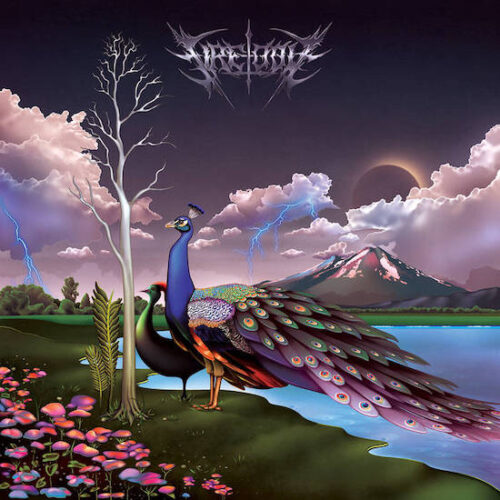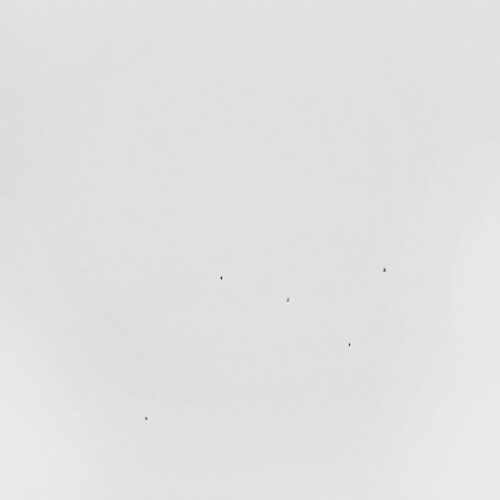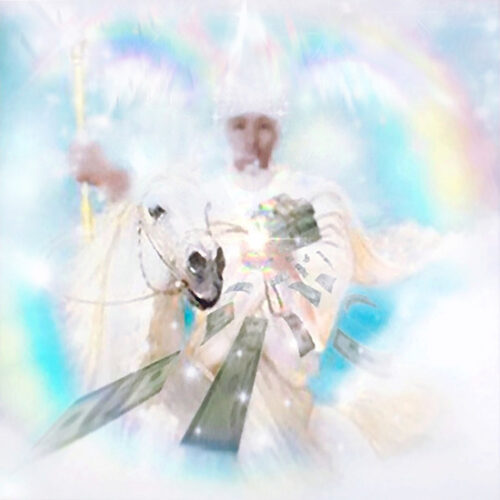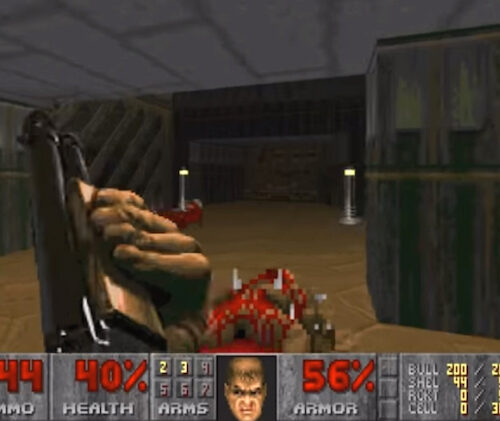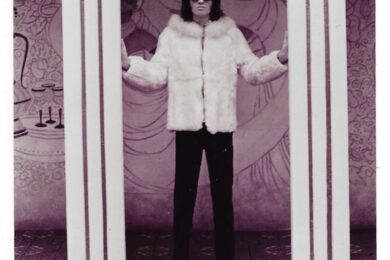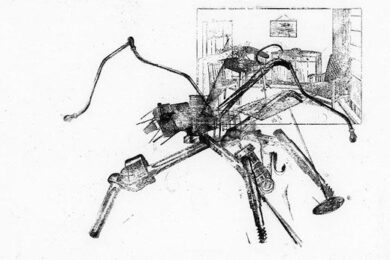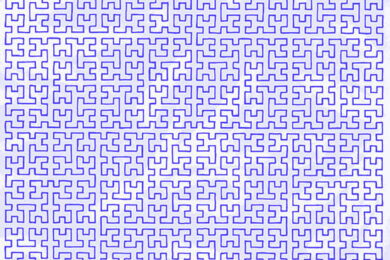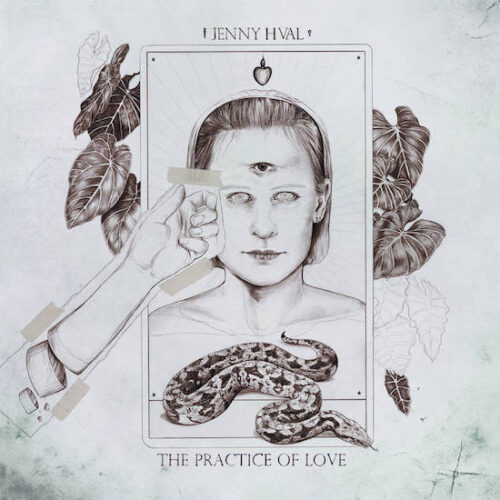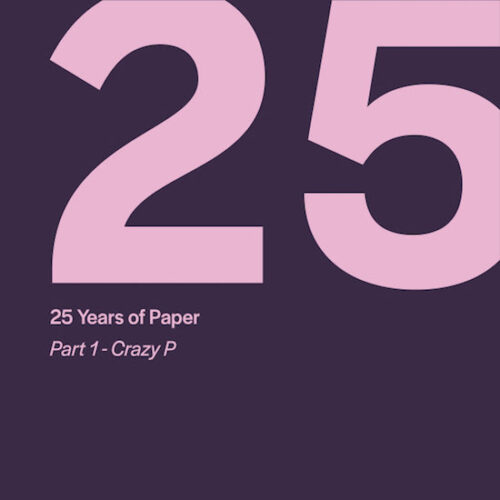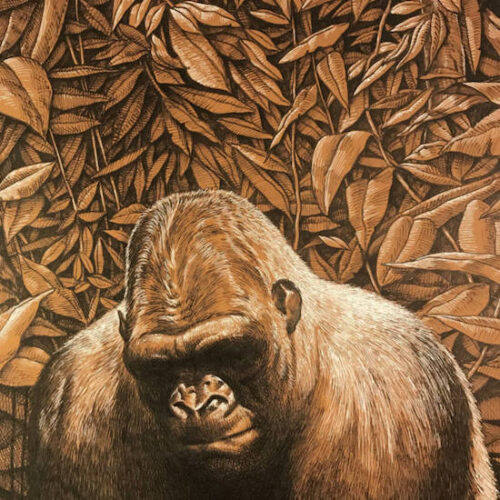


All Latest
Catch up on our latest writing.
Moon Madness: Cult Of Luna And Opeth Step Into The Unknown
Cult of Luna and Opeth are so far ahead of the current metal scene that Dan Franklin had to employ a tracker to find them. Releasing two of the best albums of their careers, he spoke to Swedish frontmen Johannes Persson and Mikael Åkerfeldt about melancholy, fear and family beyond the end of the line
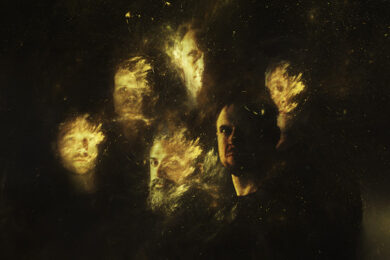
The Pataphysics Of Connecting: Alex Farrar Gets Physical
With a major solo show currently on view at Bloc Projects, Sheffield, and another opening this weekend at SE8 Gallery, London, Alex Farrar talks to Allan Gardner about precarity, anxiety and making art inspired by sweat and fingernail clippings

Rockfort! French Music For September Reviewed By David McKenna
With more focus on the revolutionary French sounds of the late 60s than ever before thanks to a revitalised Magma and interest in 'rock choucroute' via the Nurse With Wound list, David McKenna casts his ears around for today's far out sounds

Happy Birthday Abbey Road, The Best Beatles LP… This Week At Least
The boomers celebrated Sgt. Pepper's as the greatest Beatles LP; the Britpoppers backed Revolver; but it seems like millennials are more smitten with Abbey Road. The changing consensus probably says more about generational shift than it does about the Fab Four, according to Michael Hann

A Thing Of Beauty, A Crime Scene: Matana Roberts Interviewed
Ahead of her performance as part of the London Borough of Waltham Forest’s People’s Forest season, Adam Quarshie spoke to visionary US jazz musician and storyteller Matana Roberts about the role of nature in shaping her creativity

Glorious Absurdity: Field Maneuvers Reviewed
Taking place at a secret location just an hour outside of London, Christian Eede finds that Field Maneuvers is a festival that taps into a special kind of community spirit befitting of its modest capacity, and checks out sets from Giant Swan, Avalon Emerson and more along the way

Bachwerk: An Interview With Jonny Greenwood
As he launches a new label dedicated to contemporary classical music, Jonny Greenwood of Radiohead talks to Patrick Clarke about his passion for classical, why Bach is like Kraftwerk, and the 'gruesome' intersection of prog rock and Rachmaninoff.

Collision Course: Karl D’Silva Interviewed
Ahead of his Quietus Social show in support of Alexander Tucker (Grumbling Fur), Michael Brooks talks to multi-instrumentalist/composer Karl D’Silva about his new solo work, his formative musical experiences, and what it was like performing with the likes of Thurston Moore and GNOD


